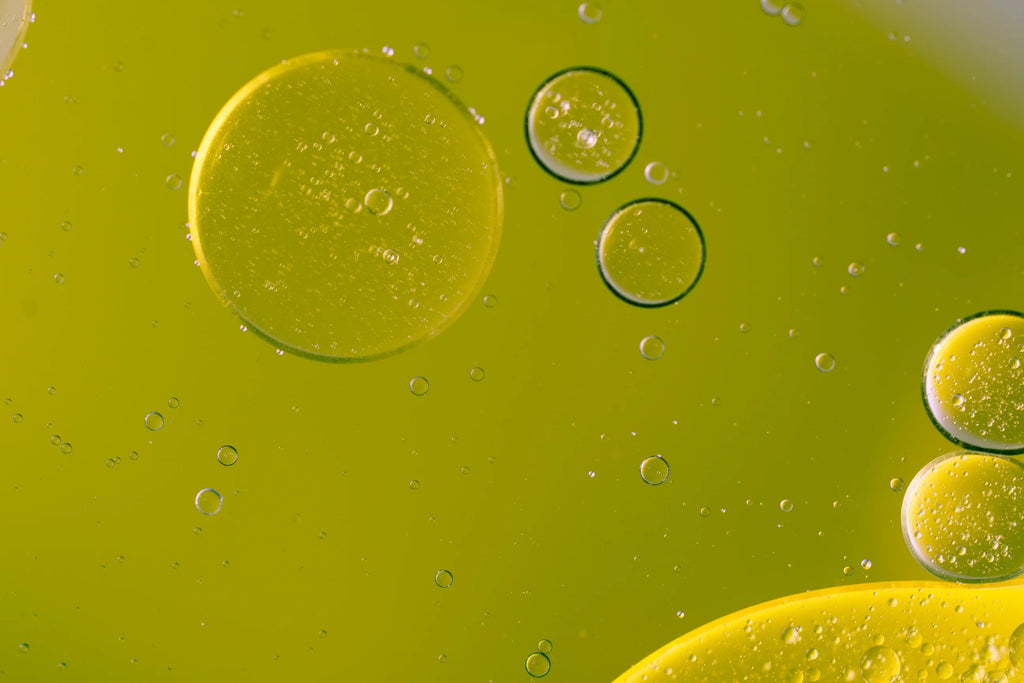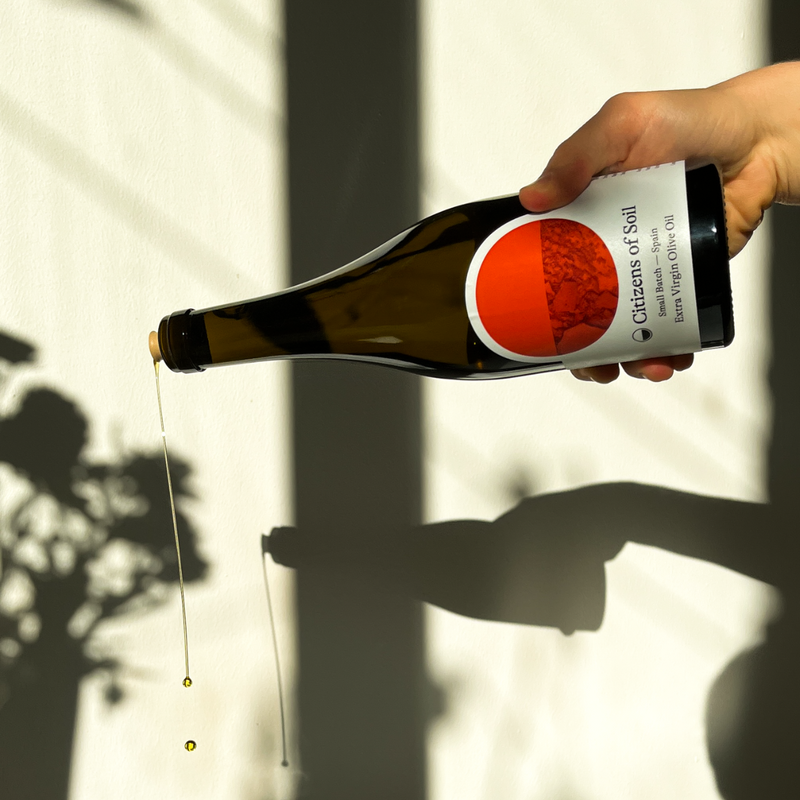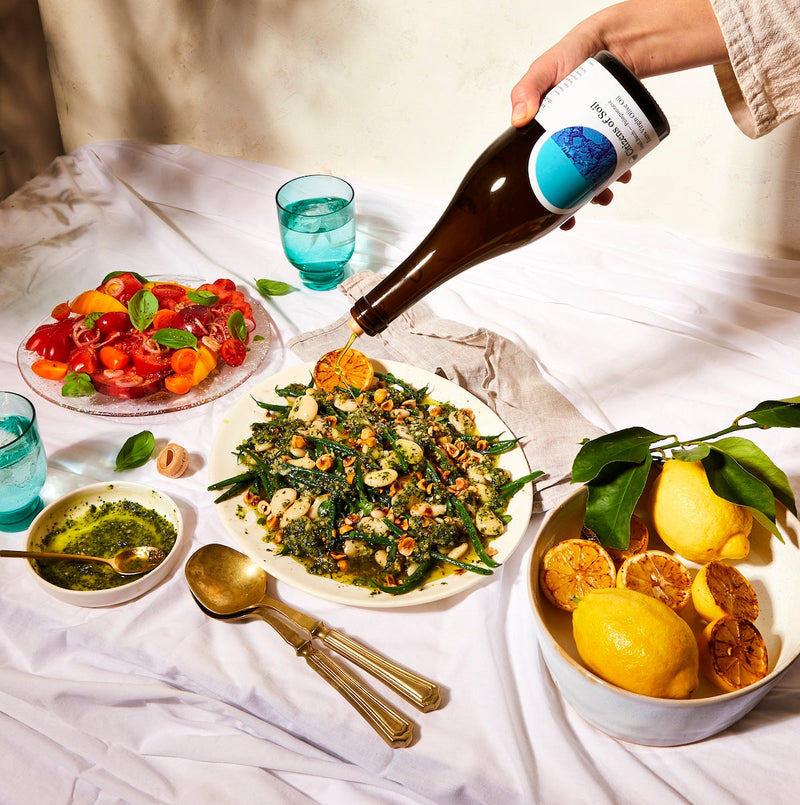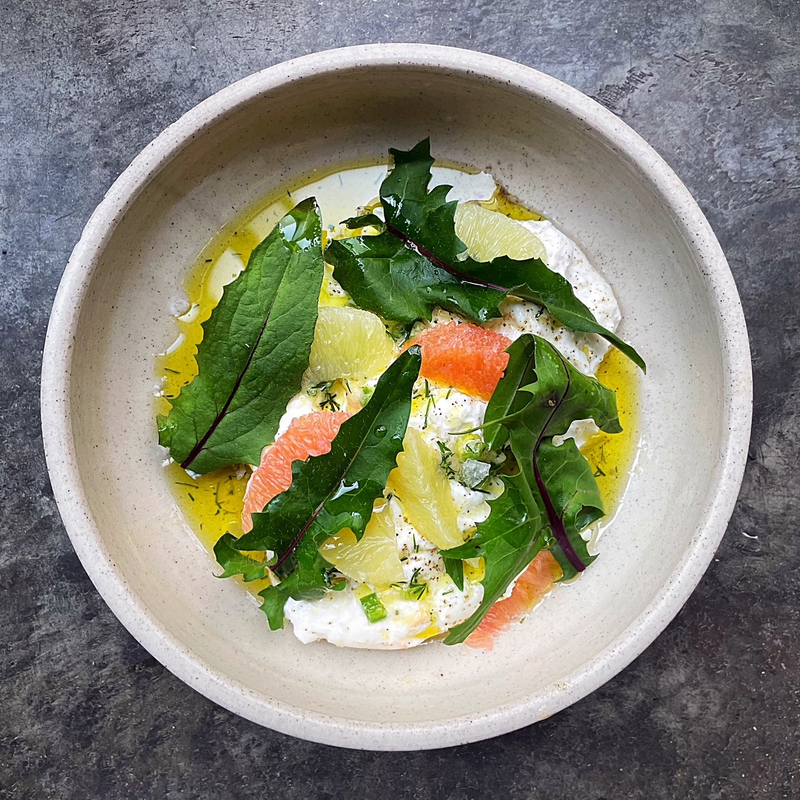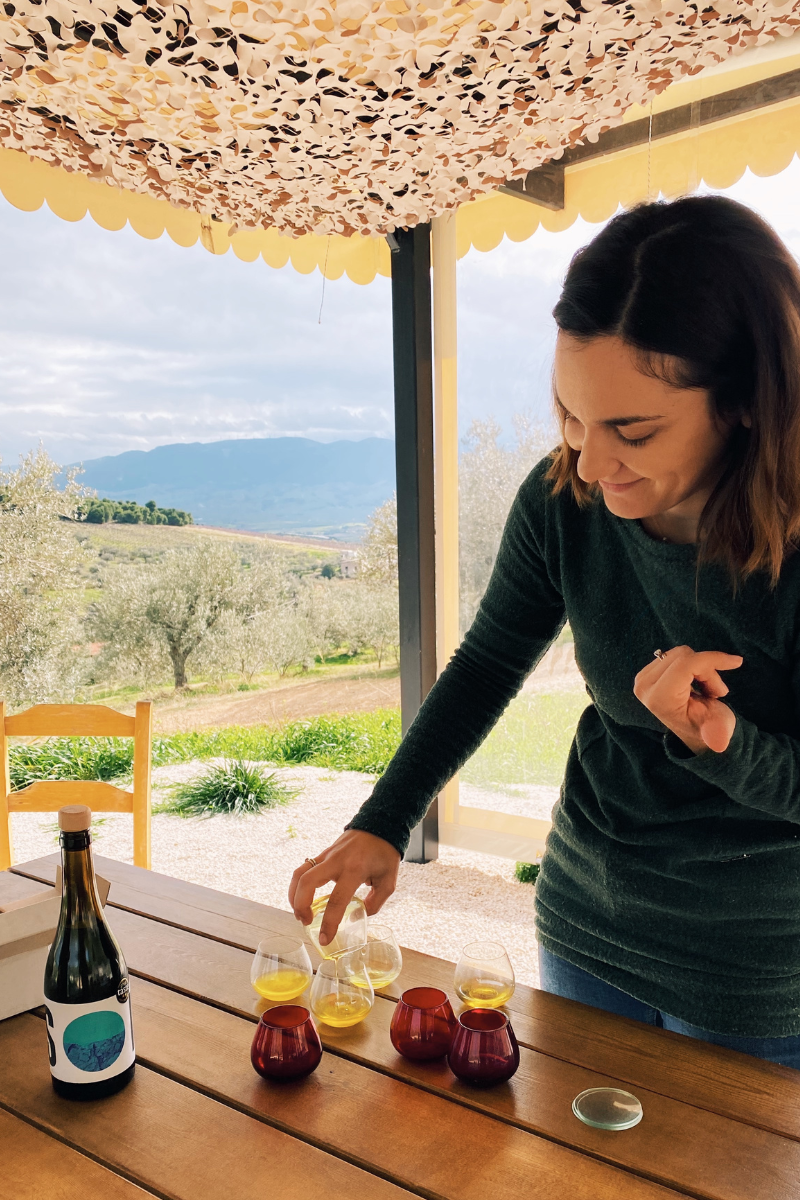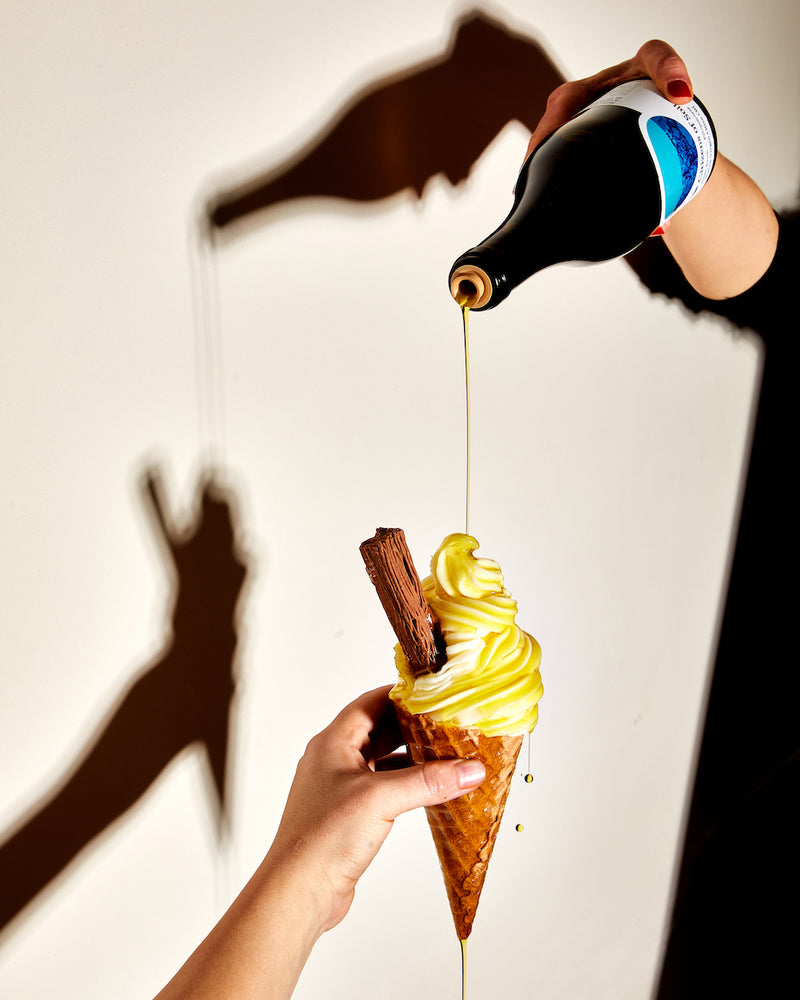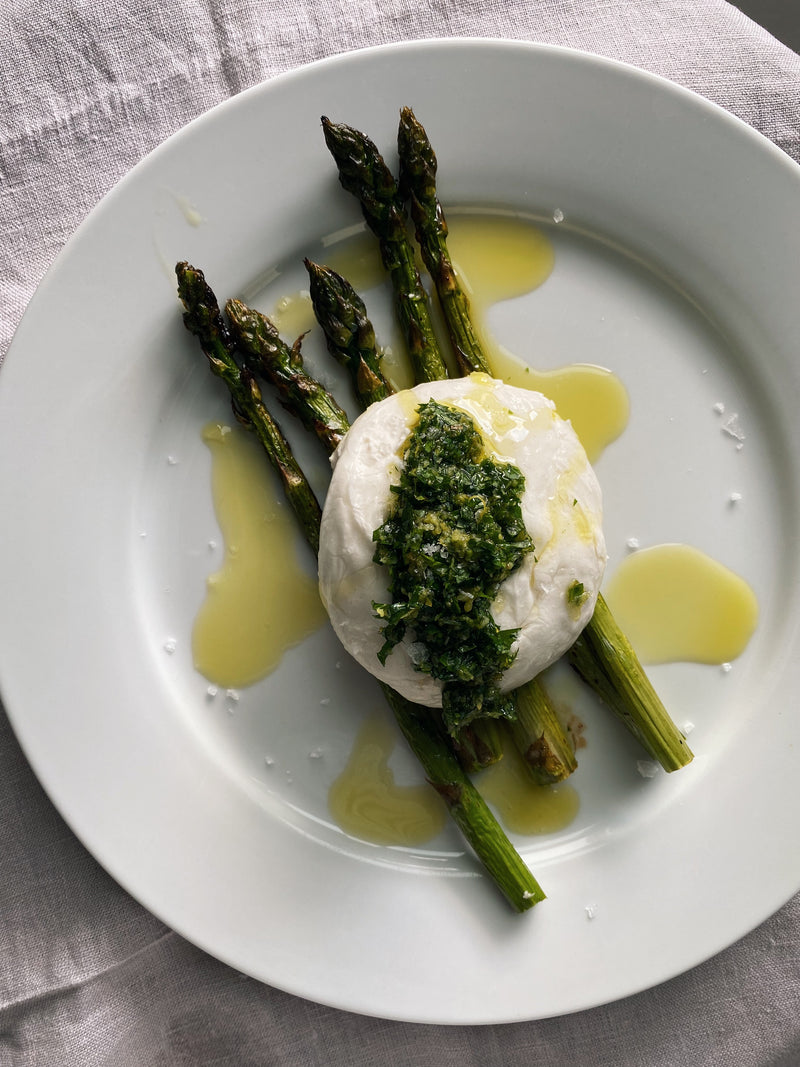For years, a question has puzzled home cooks and chefs alike: ‘can I cook with olive oil?’. Traditionalists say no, health experts say yes, and people from the Mediterranean say absolutely. Let’s uncover the ancient wisdom. It's time to cook with extra virgin olive oil.
For the past few decades, a simple yet confounding question has stumped home cooks and professional chefs alike: can you cook with olive oil?
Traditional cooking authorities have categorically shunned the use of extra virgin olive oil in cooking, banishing it from our frying pans and in many ways from the ways it's been used for thousands of years. However, a chorus of health and nutrition experts now overwhelmingly sings praises for this liquid gold as the ultimate kitchen fat.
So, which is it?
Many steer clear of extra virgin olive oil due to its purported ‘low smoke point’, fearing it degrades more quickly than other oils when heated. But, lo and behold, it's one big misunderstanding.
We've cut through the misconceptions and discovered what people in the Mediterranean’s Blue Zones have been preaching for centuries—that cooking with extra virgin olive oil is not only delicious but also healthy.
It's time to crank up the heat, folks. Let’s cook with extra virgin olive oil.
What exactly is a smoke point?
Well, smoke points are those elusive temperature thresholds at which cooking oils start to give off visible smoke and undergo chemical breakdown.
For extra virgin olive oil, typically, that happens between 190-220°C.
But it’s time we stopped talking about smoke points. Here’s why:
1) The smoke point of extra virgin olive oil isn’t relevant to your home cooking. When you bake, you rarely go above 200°C. Roasting? Tops out at 220°C. Even sautéing your veggies hits just around 120°C. And if you are really cranking up the heat, your senses will alert you to it immediately — it's an unmistakable smell.
2) Yet, if we insist on talking about smoke points, we must acknowledge that not all olive oils are created equally. Quality makes all the difference.
Olive oil versus extra virgin olive oil
Extra virgin olive oil is crafted without the use of heat, chemicals, or solvents. They're produced through purely mechanical processes— crushing, squeezing, and pressing the olives.
This is why we often liken extra virgin olive oil to a fresh fruit juice, as it undergoes no further heat or chemical treatments. It remains vibrant, teeming with antioxidants, and boasts a shelf-life of approximately 18-24 months when unopened.
Regular olive oil is a whole other ball game.
Outside the virgin olive oil category, most olive oils are refined, highly processed, bleached, and deodorised—all aimed at creating a shelf-stable, lifeless oil at a lower cost.
Comparing virgin olive oil and regular is like comparing freshly squeezed orange juice to an orange soda. One provides nutrition on multiple levels, while the other, well, it's soda.

This isn’t a revelation; it’s a cherished tradition.
We trust Italians when it comes to pasta, lean on Spaniards when it comes to paella, and wholeheartedly embrace la dolce vita during our summer sojourns.
In these cultures, extra virgin olive oil is not just a fat—it's the cornerstone of their cooking traditions and the only oil in their pans.
As Dr Simon Poole, Cambridge-based NHS medical doctor and author of multiple books on the Mediterranean Diet, points out, the Mediterranean way of life thrives on it: "Can you cook with extra virgin olive oil? Well, you must, because it's at the core of Mediterranean cuisine. If it wasn't a safe choice for cooking, the Mediterranean diet wouldn't be the success it is today."
Is it safe to cook with extra virgin olive oil?
Cooking with EVOO isn’t just an age-old practice; it’s supported by science.
The high saturated fat content of good quality olive oil makes it more stable than other frying options when heated to high temperatures. In essence, its monounsaturated fats are stable and unflappable. Culinary bodyguards, if you will.
As we know, EVOO is packed with polyphenols. These are potent antioxidants that hold up to oxidation — which happens under heat — and make it all the more stable. So, high-quality, high-polyphenol extra virgin olive oils actually have a higher smoke point.
Lower-quality counterparts don’t have the same level. And if you’re not using strictly “extra virgin”, then polyphenols aren’t even in the conversation since they’re killed off in the refinement process of regular olive oil.
Furthermore, adding a little EVOO to your veggies not only makes them tastier but also helps your body soak up the good stuff like vitamins and nutrients.
This is because a lot of these healthy elements in vegetables need fat to be absorbed effectively. So, when you drizzle some extra virgin olive oil on your greens, it's like giving your body a boost in getting all the phytonutrients it craves.
But extra virgin olive oil gives us even *extra*. A study published in the Journal of Food Chemistry found that the phenols and antioxidants in extra virgin olive transfers to vegetables in the cooking process, thereby increasing the nutrition content of the vegetables just from being cooked in it.
It's simple: sweat your veg with some EVOO, and you’re boosting the nutritional value. Two birds, one… oil?
Now the question remains: which EVOO should you choose?
The answer is surprisingly straightforward: any will suffice. But, let’s be pragmatic. We’re not suggesting you should deep-fry with your new, pristine bottle of super small-batch Croatian EVOO. Or really anything of a higher price point.
We believe that every home cook should equip themselves with a versatile trio of oils, driven by economics, flavour, and, well, it’s nice to have nice things, isn’t it?
1) The Delicate Pour. A finishing oil for those dishes you don’t want to dominate. For pestos, pungent sauces, or bold salads.
2) The Peppery Pour. A bold bottle with a distinct personality, ready to adorn your dishes. Perfect to drizzle over dips, or simply dunk some crusty sourdough.
3) The All-Purpose Pour. This is likely a lighter option, more on the economical side. It’s ideal for sautéing mirepoix, searing fish, and coating potatoes before roasting. When it comes to deep-frying, older harvest EVOOs or remnants of old bottles suggested by our in-house EVOO sommelier still retain EVOO's goodness with slightly muted notes.
When it comes to baking, many have bid a fond farewell to butter, enchanted by the enticing allure of EVOO in their cakes. After all, it’s plant-based, allergen-free, and can bring a lovely complexity (if you select the right pairing profile). Try our blood orange and cardamom cake. Depending on your palate, likely one of our Greek oils for a more delicate flavour or our Spanish to amp up the fruity.
So, should you cook with extra virgin olive oil?
The short answer? Yes. The long answer? Absolutely.
When it comes to cooking oils, extra virgin olive oil is in a league of its own.
It's high time we reshuffle the outdated rulebook that hinders both our health and our home cooking potential.
The myths surrounding cooking with EVOO have unjustly caused a generation to shy away from its potential and instead swap it for refined, lifeless fat.
We’re not saying you have to, we’re simply saying it’s better.
Bursting with flavour and nourishment, echoing the way generations in the Mediterranean have cooked, it was here thousands of years before the modern, post-industrial era of refined cooking oils came to take centre stage.
It’s time to embrace the simplicity, and health benefits, of this foundational ingredient.
Let’s make it *extra.*











